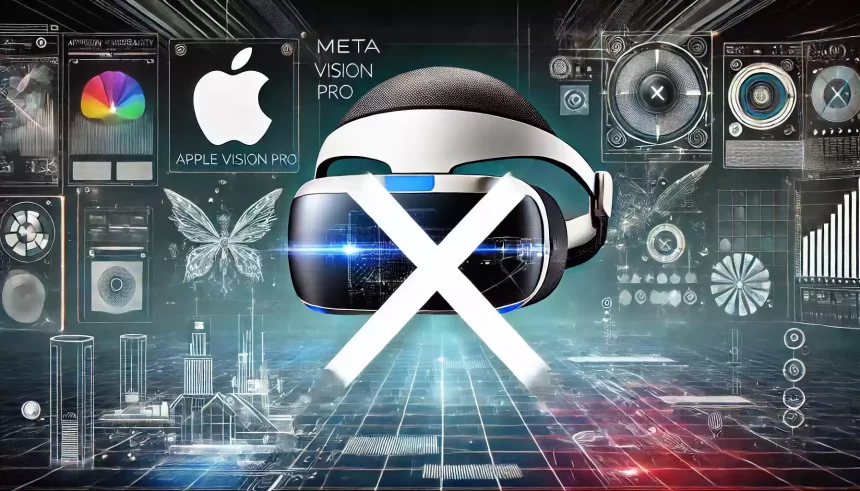In a surprising turn of events, Meta, the tech giant known for its ambitious projects in the virtual and augmented reality space, has decided to cancel its much-anticipated competitor to Apple’s Vision Pro. This decision has left many in the tech community speculating about the reasons behind such a move, especially when Meta was expected to make a significant impact in the AR/VR market. If you’re curious about why Meta made this decision and what it could mean for the future of the industry, you’ve come to the right place.
Rest assured, this article will provide you with a comprehensive understanding of Meta’s decision to halt its Apple Vision Pro competitor. We’ll explore the potential reasons for this shift in strategy, the impact it may have on Meta’s future plans, and what this could mean for consumers and the AR/VR market as a whole. According to media reports, this decision marks a significant change in Meta’s approach to its AR/VR ambitions.
Why Meta Decided to Cancel the Project
Media sources suggest that several factors could have influenced Meta’s decision to cancel its Vision Pro competitor. One of the primary reasons could be the immense technological challenges and high costs associated with developing a device capable of competing with Apple’s Vision Pro. The Vision Pro is a highly advanced mixed-reality headset, and matching its capabilities would require substantial investment in research and development.
Moreover, the AR/VR market is still in its early stages, and while the potential is enormous, the adoption rate has been slower than expected. Meta might have decided to take a step back, reassess the market, and focus on other areas where it can make a more immediate impact. This strategic shift could also be a way for Meta to allocate its resources more efficiently, ensuring that its other projects continue to move forward without facing financial strain.
Meta’s Future in AR/VR After This Decision
While the cancellation of this project might seem like a setback, it doesn’t mean that Meta is stepping away from the AR/VR space entirely. On the contrary, Meta is likely to continue its work on other AR/VR technologies, but with a more focused and perhaps more realistic approach. According to sources, Meta may choose to enhance its existing products, such as the Quest series, rather than invest in a direct competitor to Apple’s Vision Pro.
This move could also allow Meta to explore new avenues in the AR/VR world, such as software development, partnerships, or even entirely new devices that better align with the company’s long-term goals. Meta’s vision for the metaverse, a digital universe where users can interact with each other in immersive virtual environments, remains a key part of its strategy. This decision may simply be a realignment of priorities to ensure that Meta remains a leader in this evolving space.
Meta’s decision to cancel its Apple Vision Pro competitor is a strategic move that reflects the company’s evolving approach to the AR/VR market. While this might seem like a surprising decision, it likely stems from a desire to focus on areas where Meta can make a more significant impact. As the AR/VR industry continues to grow, Meta’s future in this space remains bright, and we can expect to see more innovative products and technologies from the company in the years to come.


